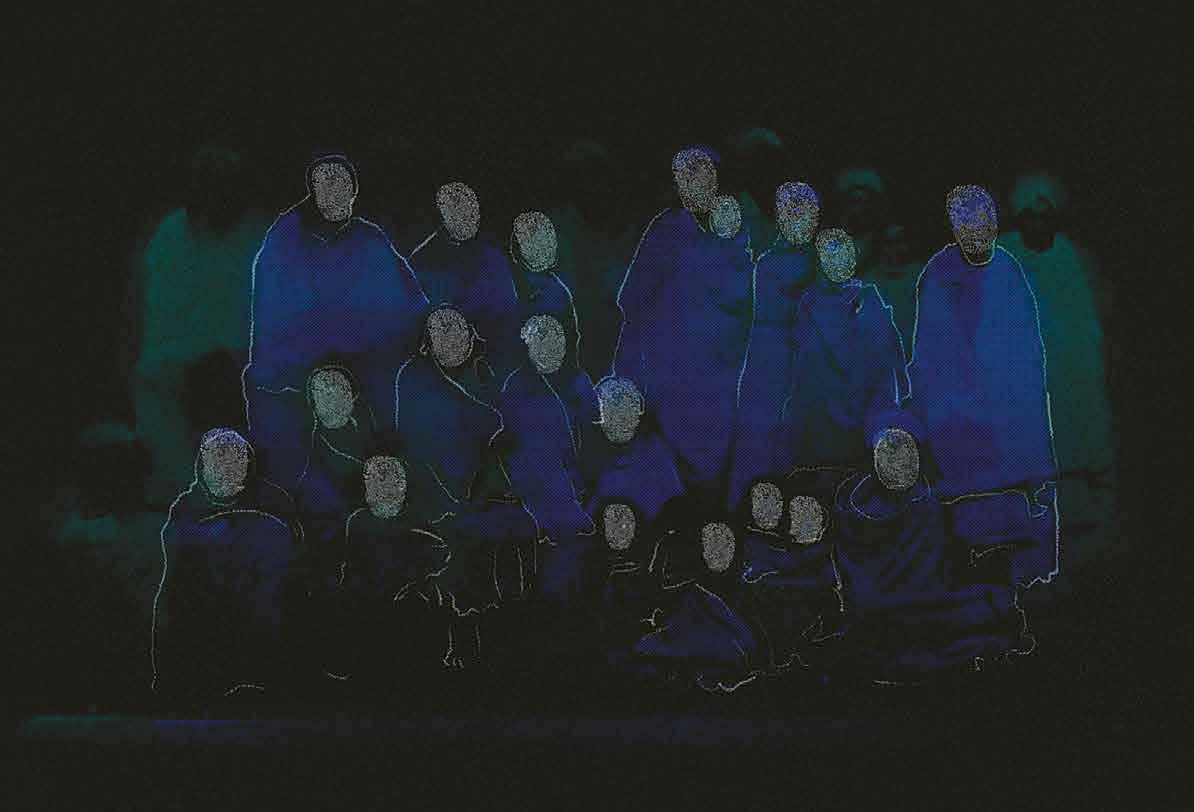
A seven-judge constitution bench of the Supreme Court recently suggested that states can now “sub-classify the Scheduled Castes (SCs) and Scheduled Tribes (STs)” in order to help the worst-off sections within these categories.
A longstanding constitutional directive that earlier identified the uniformity of these groups— based on socio-cultural history, like the clause of untouchability for the SCs and geographical alienation for the STs—has thus been radically altered.
The judges remarked that both categories are heterogeneous as certain sections within them have achieved class mobility by utilising the benefits of the reservation policy. It initiated a heated debate over the idea of social justice, the mandate of the reservation policy and its political fallouts.
The Constitutional Mandate
The modern Constitution makers had sincerely acknowledged that the Brahmanical caste system is the most oppressive order against the untouchable castes. The untouchables and Adivasis were denied basic human entitlements and were forced to survive away from the modern developmental processes. Babasaheb Ambedkar provided the needed mantle to their plight and made them a crucial subject in the nationalist deliberation. He utilised modern political ideas and constitutional identities (like the Depressed Classes earlier and later the SCs) to organise the diverse untouchable castes as a unified national bloc, demanding their participation in the modern institutions as crucial partners. He further proposed Buddhist religious conversion to escape the blot of untouchability, inviting them to join the democratic processes as dignified individuals.
هذه القصة مأخوذة من طبعة September 21, 2024 من Outlook.
ابدأ النسخة التجريبية المجانية من Magzter GOLD لمدة 7 أيام للوصول إلى آلاف القصص المتميزة المنسقة وأكثر من 9,000 مجلة وصحيفة.
بالفعل مشترك ? تسجيل الدخول
هذه القصة مأخوذة من طبعة September 21, 2024 من Outlook.
ابدأ النسخة التجريبية المجانية من Magzter GOLD لمدة 7 أيام للوصول إلى آلاف القصص المتميزة المنسقة وأكثر من 9,000 مجلة وصحيفة.
بالفعل مشترك? تسجيل الدخول

Soft Ruins
'Soft Ruins' is a chapter within the long-term ongoing project \"When Spring Never Comes\", an expansive exploration of memory, identity and displacement in the aftermath of exile within contemporary global politics. It reflects on how the journey as an asylum seeker in Europe mirrors the instability and threats of life under dictatorship, amidst rising right-wing movements and shifting power dynamics, where both certainty and identity are redefined

Building Beyond Homes: Provident Housing's Transformative Approach
Provident Housing leads in crafting thoughtfully designed homes that cater to modern homebuyers' evolving needs. With a focus on timely delivery, sustainability, and innovative, customer-centric solutions, the company sets new benchmarks. In this exclusive interview, Mallanna Sasalu, CEO of Provident Housing, shares insights into the company's strategies, upcoming projects, and vision for India's housing future.

Syria Speaks
A Syrian graffiti artist-activist's tale of living through bombings, gunshots and displacement

The Burdened
Yemen, once a beautiful land identified with the Queen of Sheba, is now one of the worst ongoing humanitarian disasters of modern times

Sculpting In Time
Documentaries such as Intercepted and Songs of Slow Burning Earth grapple with the Russian occupation beyond displays of desolation

The Story Won't Die
Is Israel's triumphalism over its land grab in Syria realistic? The hard reality is-Israel now has Al-Qaeda as a next-door neighbour

Against the Loveless World
In times of war, love exists as a profound act of defiance

Soul of My Soul
What does it mean to continue to create art during a genocide?

in Dancing the Glory of Monsters
By humanising the stories of those affected by war, poverty and displacement, Buuma hopes to foster empathy and inspire action

All the President's Men
Co-author of All The President's Men and one of the two Washington Post journalists (the other was Carl Berntstein) who broke the Watergate scandal that brought down the President Richard Nixon administration in the United States in 1974, Bob Woodward's recent book War was on top of The New York Times Bestseller list, even above John Grisham.